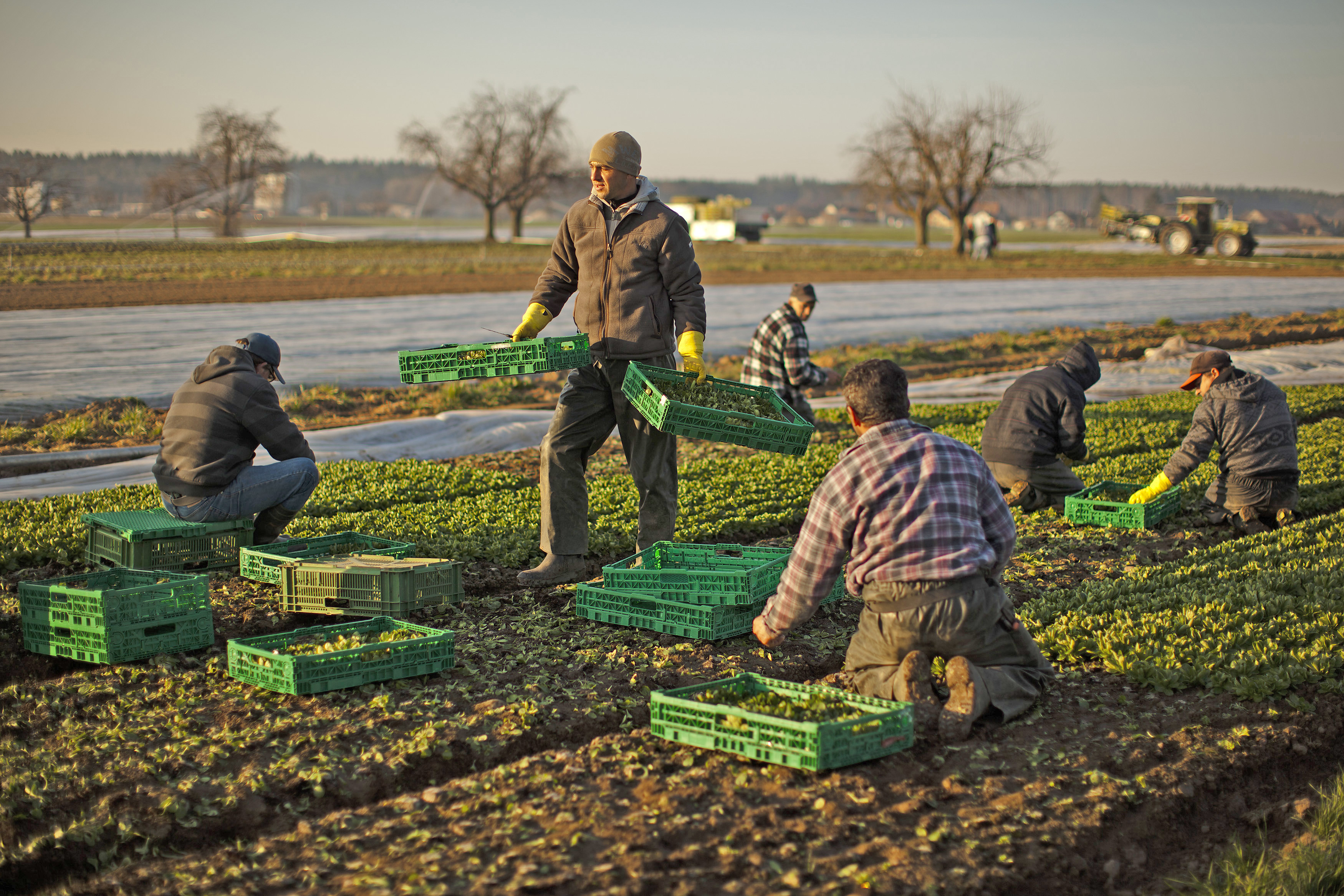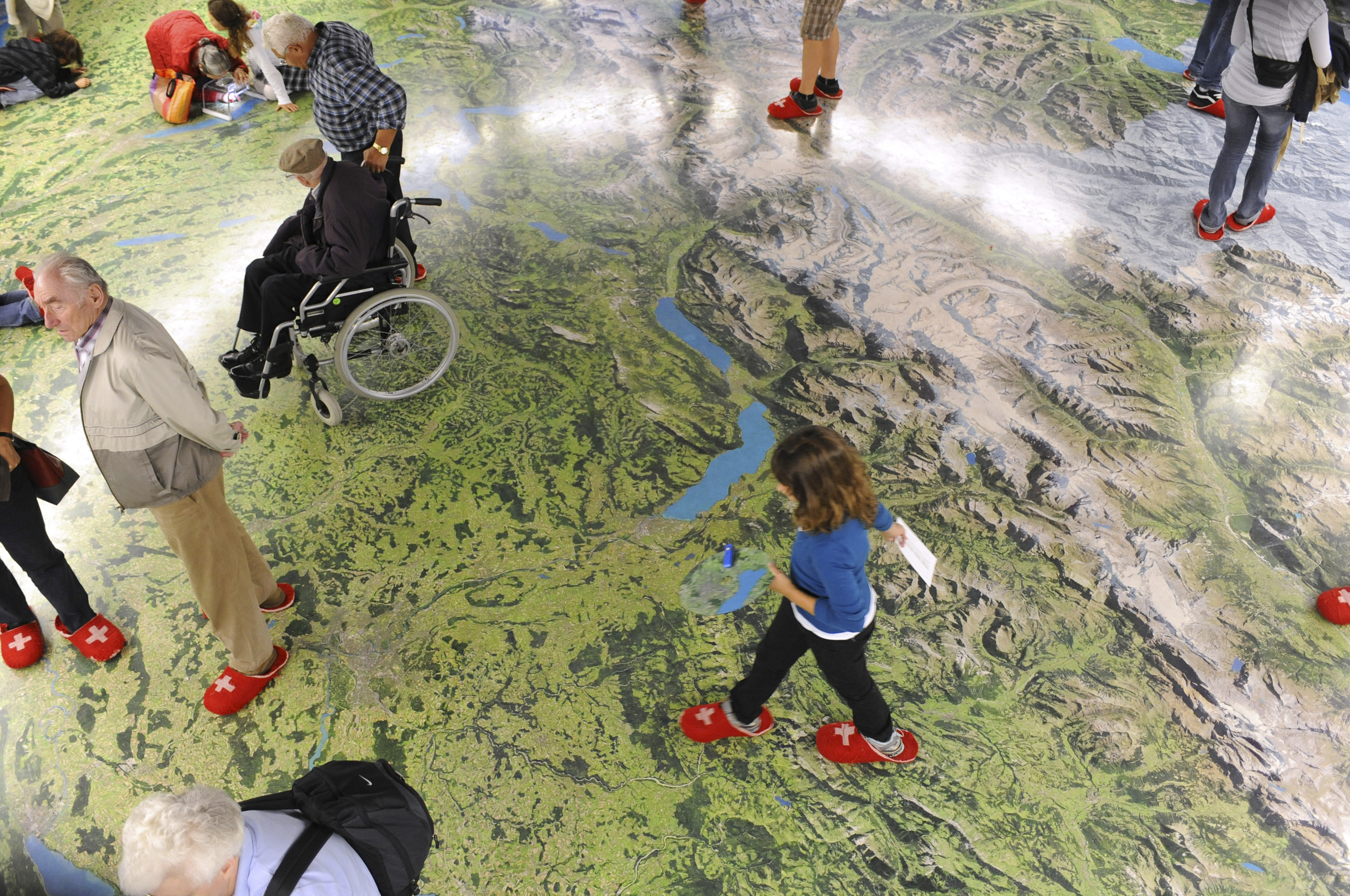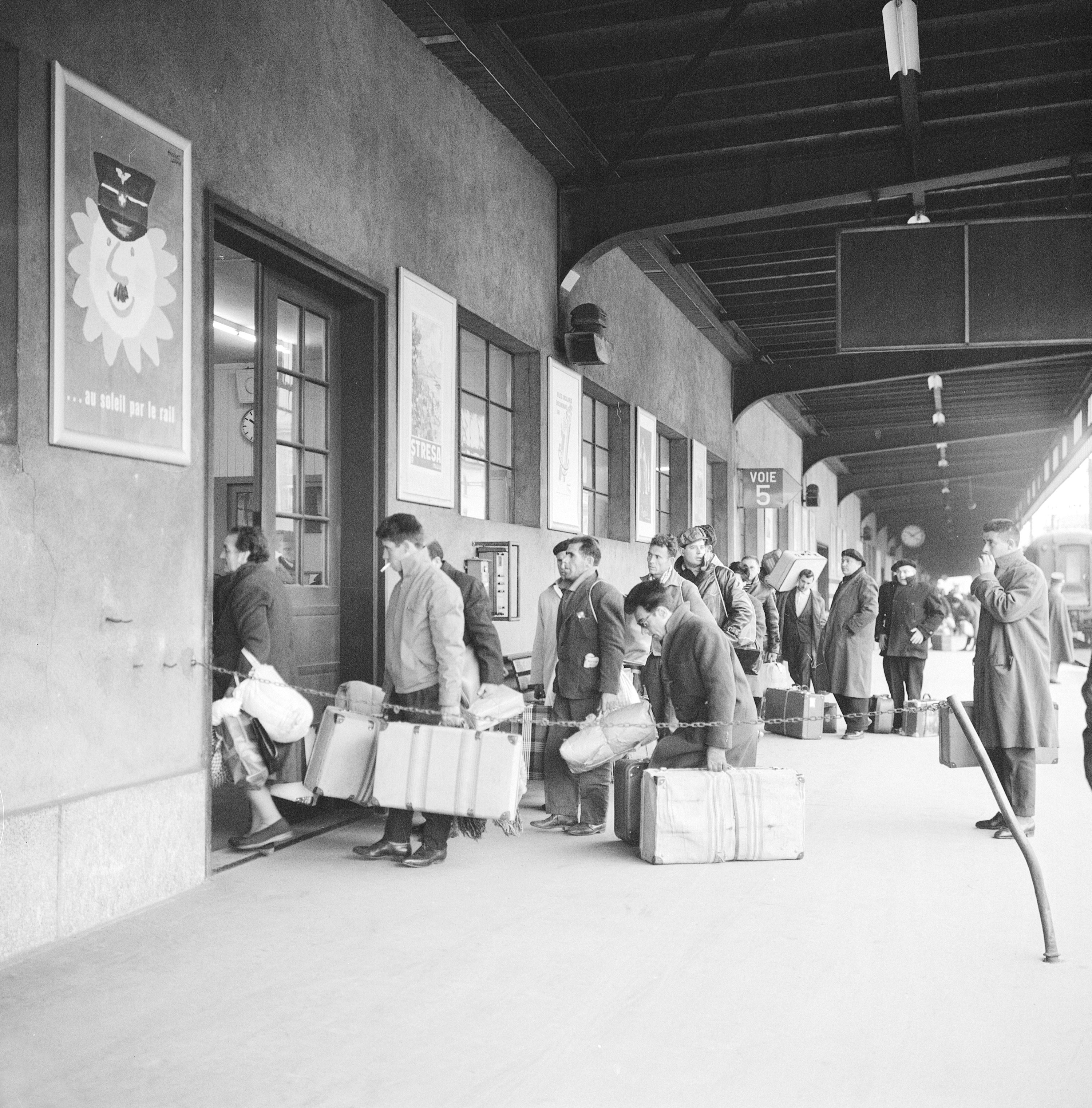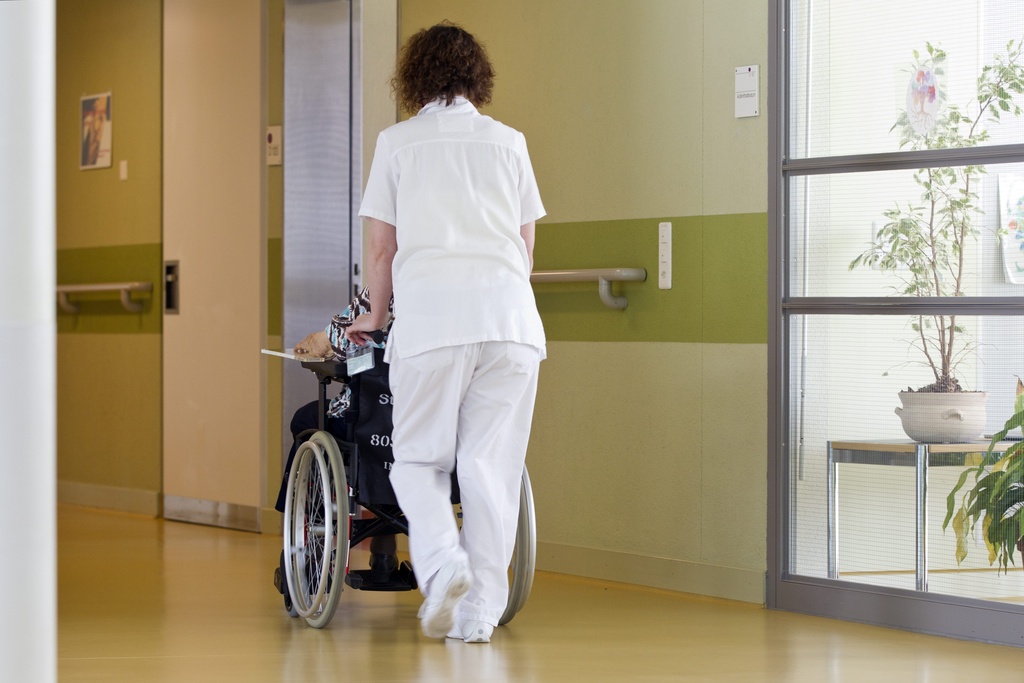Swiss limit immigration from some EU states

The Swiss government will re-introduce quotas for immigration from eight eastern European countries as part of a labour accord with the European Union.
Justice Minister Simonetta Sommaruga said the move was part of a package of long-term measures to control the flow of people entering Switzerland amid pressure from political parties to limit immigration.
Under the decision taken on Wednesday, B resident permits for people from Poland, Hungary, the Czech Republic, Slovenia, Slovakia as well as the three Baltic Republics of Lithuania, Latvia and Estonia will be limited to just 2,179 for a period of at least 12 months.
Since May last year, the number of B permits granted to citizens from these states reached about 6,000 according to official data.
The measure was invoked under a safeguard clause of a bilateral treaty between the EU and Switzerland for the free movement of people. It will take effect from May 1 and be reviewed next April. lt can be extended until 2014 at the latest.
Sommaruga said the terms to invoke the clause were fulfilled to restrict immigration from the so-called EU-8 member states.
But she acknowledged that the move might not be a perfect solution and that the EU did not share Switzerland’s interpretation of the accord on the free movement of people.
“Invoking the safeguard clause will not solve all the problems but it is one of the means available to control immigration,” she told a news conference on Wednesday.
In a statement the EU’s high representative for foreign affairs, Catherine Ashton, said Switzerland’s decision was a violation of the free movement of people accord.
“This measure is not justified economically, nor by the labour market situation, nor by the number of EU citizens looking to establish their residence in Switzerland,” she said.
Safeguard clause
However, Sommaruga insisted the Swiss government had made its position on the issue clear a year ago, and that Brussels has no say as the clause is part of the treaty on the free movement of people which came into force in 2004 and was gradually extended to new EU members.
Sommaruga said Brussels had indicated that it would take counter-measures.
She added the Swiss government understood the negative reactions by the eight countries concerned by the temporary re-introduction of immigration quotas. She stressed that economic ties with these countries remained important.
An estimated 4,000 to 5,000, mostly low-skilled workers from eastern Europe will be directly affected by the labour restrictions.
The number could be higher taking into account family members who often accompany the workers.
Short-term permits
Experts say the impact of the restrictions could be softened as some potential immigrants might now apply for short-term residence permits (valid up to one year) which are not subject to quotas.
The B permits allow people with an employment contract or who are self-employed to stay in Switzerland for at least five years.
The limitations for the EU-8 member states can only be extended to 2014 under the terms of the treaty with Brussels.
Citizens from the group of 15 EU member states, including Germany, France, Britain, Italy, Spain and Portugal, continue to benefit from unrestricted access to the labour market in Switzerland.
Domestic reaction
The main political parties and pressure groups gave mixed reaction to the cabinet decision.
The rightwing Swiss People’s Party said the move was “self-evident” but criticised the government for failing to negotiate similar terms for other EU member states.
The party called for a suspension of the bilateral treaty with Brussels on the free movement of people in line with its initiative launched last year aimed at cancelling a key bilateral labour accord.
The centre-right Radical Party, traditionally close to the business community, slammed the move as half-hearted and unsatisfactory as the government shied from imposing the restrictions for the full 24 months.
The centre-left Social Democrats accused the cabinet of failing to address the issue of companies undercutting salary levels and of ignoring increasing pressure on the real estate market as result of high immigration.
“The cabinet decision is merely symbolic,” a statement said.
Both the centre-right Christian Democrats and Conservative Democrats welcomed the decision.
The New European Movement Switzerland group, which campaigns for Swiss membership of the EU, said the government was undermining a central tenet of the bilateral treaties and the restrictions would not be efficient.
Around 75,000 immigrants arrived in Switzerland last year, up 15% on 2010.
At the end of December 2011 there were 1,772,279 foreigners in Switzerland, 3% more than the previous year, most of them from EU and European Free Trade Association (Efta) countries.
In total, 142,471 people arrived (134,171 in 2010), while 64,038 left the country (2010: 65,523).
Immigration from non-EU and non-Efta countries was down by 2,978 people, or 3.7%.
The majority of new arrivals are Germans (+12.6%), followed by Portuguese (+11,1%), Kosovars (+8,9%), French (+4,4%) and Eritreans (+2,6%).
Numbers are falling from Serbia (-10,4%), Bosnia and Herzegovina (-1,1%), Croatia (-1%) Sri Lanka (-1%) and Turkey (-0.5%).
Immigration from the EU-8 saw 4,700 people move to Switzerland between May 2011 – when immigration quotas applying to these countries was lifted – and the end of 2011. The increase over 2010 was 68.2%.

In compliance with the JTI standards
More: SWI swissinfo.ch certified by the Journalism Trust Initiative















You can find an overview of ongoing debates with our journalists here . Please join us!
If you want to start a conversation about a topic raised in this article or want to report factual errors, email us at english@swissinfo.ch.